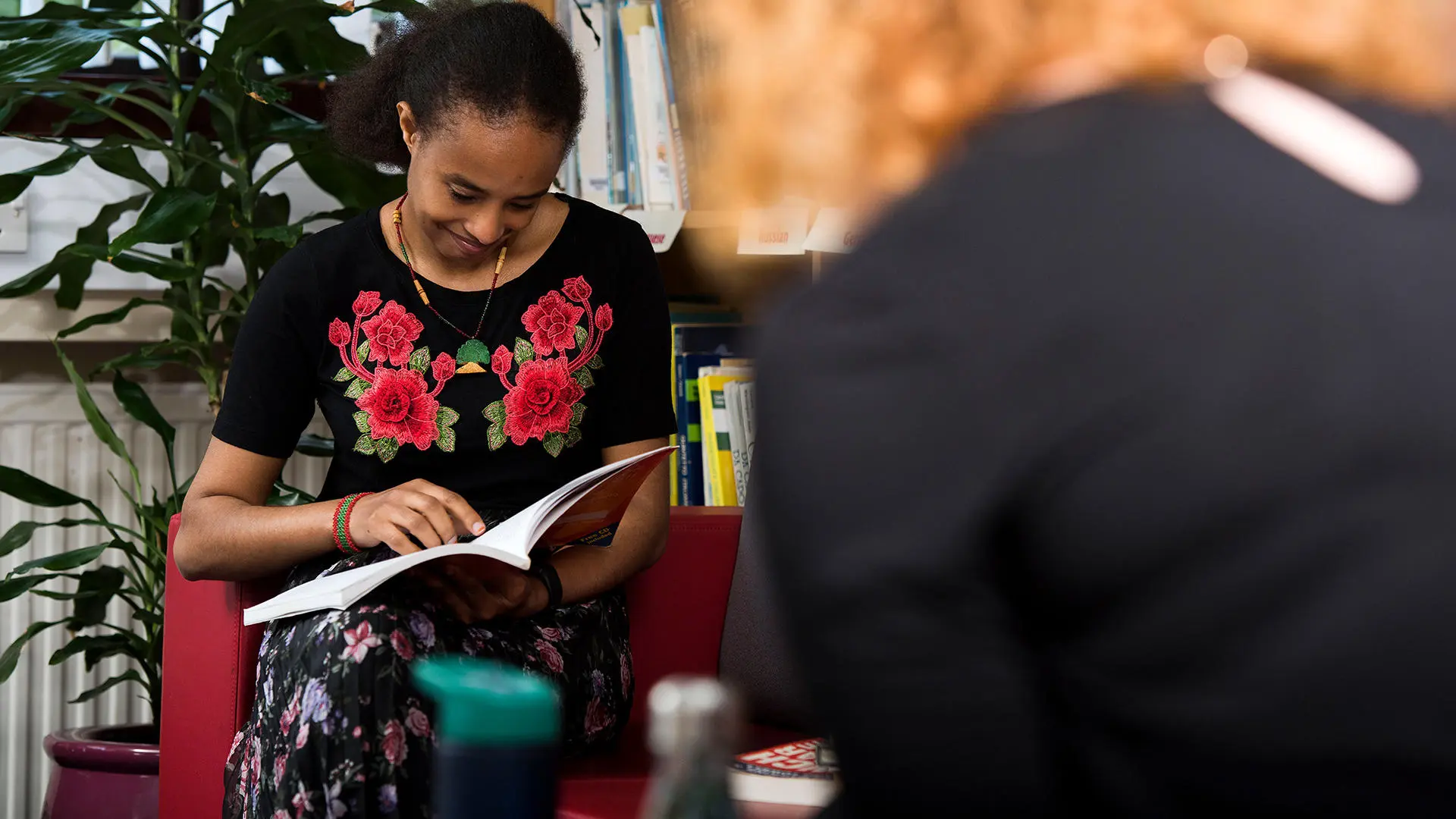University of Central Lancashire Graduate, Victoria Brunsdon, tells us how being in the right place at the right time revealed a career she hadn’t even considered before coming to University.
Victoria wasn’t sure what career path she wanted to take before applying to University, but she had always loved English at school. “I couldn’t really imagine doing anything else at that time,” she said. So, the BA (Hons) English Language and Linguistics at UCLan seemed like a good way to keep learning and figure out what kind of work she would like to do.
As she worked through her degree making great memories, meeting lifelong friends and sometimes spending late nights in the library, Victoria initially thought primary school teaching was for her. However, in her final year, the clinical linguistics module changed her mind. She said: “For our assignment we had to try and figure out a diagnosis for a ‘patient’, essentially acting as Speech and Language Therapists (SLTs). I thought it was so fun”.
Victoria then quizzed her lecturer on what career options were available and what she needed to do to become an SLT. “My lecturer told me that UCLan was about to start a master’s course in SLT in September that year,” she said. “After that, everything seemed to ‘click’ into place, so I decided to apply and was accepted on the course’s inaugural year!”
"I wouldn’t have discovered speech and language therapy if it weren't for my degree at UCLan"
— Victoria Brunsdon, BA (Hons) English Language and Linguistics and MSc Speech and Language Therapy (Pre-registration) graduate
Victoria is thrilled to report that, after “finally figuring out” what she wanted to do and completing her MSc Speech & Language Therapy (Pre-registration) degree, she’s landed a job with the NHS as a Paediatric Speech and Language Therapist where she assesses and diagnoses children’s speech, language and communication needs.
She said: “This involves working with patients, parents and/or other health and educational professionals to help children to overcome any barriers in their environments. Using evidence-based practice, I support parents and the wider children’s workforce to develop speech, language and communication skills in an inclusive environment.”
So, what advice can Victoria give to anyone interested in working in speech therapy? “Practise doing as many types of assessments with others as you can so that you become familiar with completing them during placements,” she said. “And practise your IPA [phonetic] transcriptions in any way that you can, even on shopping lists! Also, take advantage of your clinical educators on placement by asking them all the questions you have and try as many things as possible during placements.”

